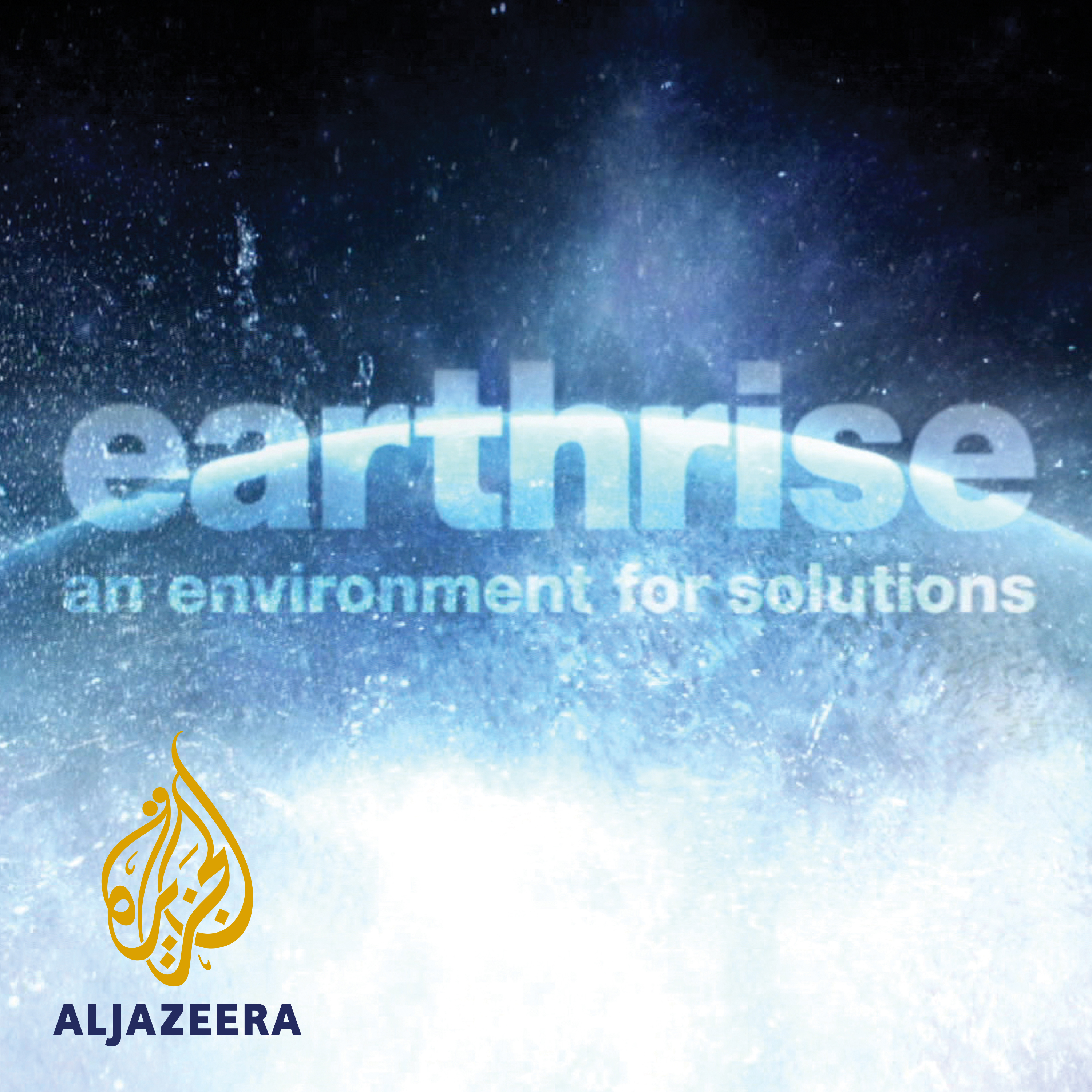Coping with extremes | earthrise
Description
Rising global temperatures have been linked to changing weather patterns. Drought, storms, wildfires – extreme weather have recently become the norm and conditions will only worsen unless things change.
earthrise travels to southern Kenya and to Myanmar to see how the locals in these areas are coping with extreme weather.
Navigating Drought
In drought-stricken Kenya life for all residents, and particularly the herding community, has been nothing less than devastating. Erratic weather patterns and the increasing effects of climate change have led to a lack of vegetation and water resources jeopardizing survival of livestock and the pastoralist way of life.
As the onslaught of unpredictable weather continues, some Maasai herders have turned to a hi-tech solution to help them adapt to the current environment. earthrise travels to Kenya to see how pastoralists in southern Kenya are using satellite mapping technology to make informed migration decisions.
Cyclone Shield
In the Ayerwaddy Delta in the south of Myanmar, mangrove forests have been significantly depleted - often cut down so that people can use the area to plant rice, farm for prawns and collect palm oil. Only 16 per cent of the original cover is left in the vulnerable Delta Region where the mangroves are being destroyed at rates three to five times higher than global deforestation.
Mangroves play a vital role in the fight against climate change and extreme weather events such as cyclones. They help mitigate carbon emissions, as well as protect vulnerable coastal communities from extreme weather, while strengthening seafood stocks up to 50 per cent.
earthrise heads to Myanmar to see how drones and local action are coming together to help reforest are successfully restoring a vital natural habitat.
- Subscribe to our channel: http://aje.io/AJSubscribe
- Follow us on Twitter: https://twitter.com/AJEnglish
- Find us on Facebook: https://www.facebook.com/aljazeera
- Check our website: https://www.aljazeera.com/
More Episodes
Bangladesh has one of the largest number of solar home systems in the world, reaching over 20 million people. Thirty percent of the electricity these generate is wasted each year, while over six million people in the country have no access to power.
A dynamic startup called SolShare has...
Published 06/12/21
Being in tune with nature used to be instinctive for all humans. It was a matter of survival. But over the centuries, as we urbanised and industrialised, the connection has become weaker.
But Indigenous communities around the world have not forgotten what it means to live in harmony with Earth....
Published 05/19/21
As populations grow and incomes rise, we are eating more and more meat and dairy. Intensive livestock farming, however, requires huge amounts of resources and is highly polluting. Yet, animal protein is essential to the 1.3 billion people who depend on livestock to survive.
So, what is the...
Published 05/12/21


